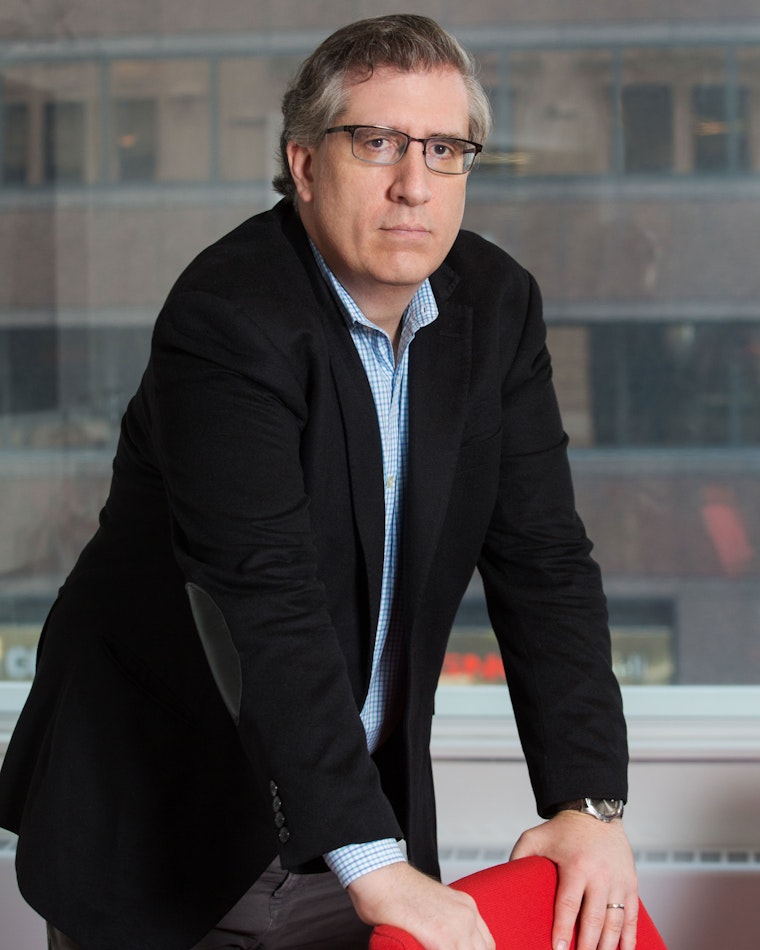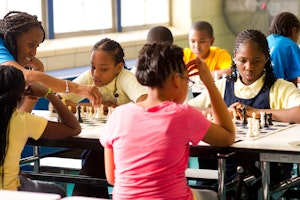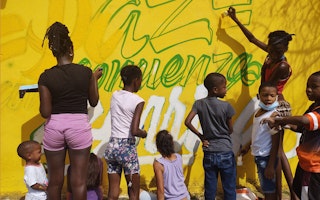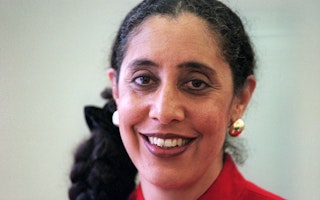Q&A: A Laboratory for Challenging Convention
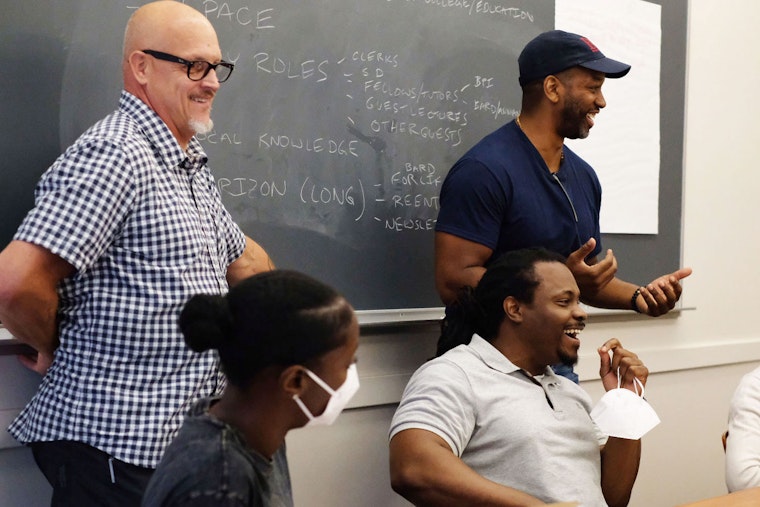
George Soros built his philanthropy on the belief that no one has a monopoly on truth. At a time of intense tribalism and polarization, the Education and Ideas Collaborative, a new unit of the Open Society Foundations, roams the ideological spectrum in search of ideas that challenge conventional wisdom, on the assumption that only by critically examining our beliefs can we sharpen them and move forward toward a better world. The collaborative encompasses the newly formed Ideas Workshop and the Open Society University Network, a global network of educational institutions launched in 2020. We spoke with Open Society Executive Vice President Leonard Benardo, who leads the project, about its origins, methods, and aspirations.
As I understand it, the idea for the Education and Ideas Collaborative arose in part from a critique of the dominant trends in philanthropy these days. What are those trends, and how do they play into the Collaborative’s origin story?
So much of contemporary philanthropy is focused on what has been dubbed “strategic philanthropy.” This refers principally to a kind of means-ends grant making where one can establish, however partially, forms of causality and measurable kinds of “impact.” A lot of this comes from the thinking of Paul Brest and his work as former president of the Hewlett Foundation and founder of the Stanford Social Innovation Review, the ground zero for strategic philanthropy. What a concerted focus on impact and measurement often gives short shrift to, however, is the capacity to qualitatively understand an intervention and assess its meaning. With the Collaborative, we are appealing to those latter goals (not metrics) where meaning and understanding are given pride of place. When one mixes it up in the world of ideas, culture, and education, one must be committed to a longer time frame, and not one that will be expressed through short-term “wins.” There is nothing wrong with impact and measurement, per se. But when they are deployed at the expense of meaning and understanding, something fundamental, we believe, is lost.
In some ways, the approach you’re taking harks back to the first principles of George Soros’s philanthropy. How do you view those first principles, and how do they inform the work of the Collaborative?
They very much align with exactly those first principles. George Soros’s early philanthropy, and the intellectual through line that has been sustained throughout the Open Society Foundations’ life, is really about the contestation of ideas—thinking critically, ensuring that outsider ideas get a hearing, and so on. Although he might not frame it this way, George Soros has always appreciated the dialectic, where competing theses do battle with one another, and new concepts are forged as a result of that tension. The Foundations traffic in many things, but in the first instance ideas are a central currency. The Collaborative will make its way by introducing, subjecting to skepticism and critique, and disseminating ideas of all kinds that can shape the contours of our thinking about politics and society.
So the idea is not to promote one particular school of thought or ideology, but rather to challenge shared assumptions as a means of fostering a deeper understanding of societal problems and how we might go about tackling them, is that right? How do you go about deciding what ideas to support, which issues to work on? And can you give us a couple of concrete examples of how these principles translate into projects?
That is exactly right. In fact, the idea of supporting only one line of thinking or ideological dimension would be at odds with our intellectual project. We are here to challenge orthodoxies (as we understand them, admittedly) and not to toe any kind of party line. We believe this is consonant with George Soros’s first principles and animating intellectual commitments.
Deciding what to support is a collective endeavor. We have landed on a set of themes that we feel is both germane to the Open Society Foundations and in need of critical debate. These include: After Neoliberalism; Open Society in the Anthropocene; Recasting Global Politics; and Understanding the Right. We will support people, projects, magazines, cultural festivals, and so forth that push the envelope of thinking in these various areas. Interrogating the framing, now customary at the Foundations and elsewhere, around “making democracy deliver,” or throwing up new ways to conceptualize new political economies based on situated histories, are immediate examples of what we seek to advance.
And how does the Open Society University Network figure into this project? How do the two components of the Collaborative focus their efforts? How do they work together?
Open Society University Network is the other half of the Education and Ideas Collaborative. It’s a distinct initiative, certainly, but one that intellectually ties back to the ideas of the Workshop. The themes that animate the Collaborative are related—what is a future form of political economy that can supplant and succeed neoliberal hegemony; are there new conceptions of rights and representation that might reconstitute a new notion of the universal; what is the future of open society in the face of the climate and nature crises, this new situation that many are calling the Anthropocene? Open Society University Network is focused on teaching, access, and research in the first instance, so these questions are deployed for pedagogy and collaborative knowledge production rather than distinct individual and institutional grant making. In a word, Open Society University Network is an ambitious endeavor that seeks, through a global network of associated and partnered institutions, to offer education in a new and dynamic way. But where is education without ideas, and vice-versa?
Hunting for new ideas around the world, across a vast expanse of issues, seems like an exhilarating but dauntingly broad task. How have you gone about focusing your work in the early going? How do you find these ideas, and is there a mechanism set up by which ideas can find you?
It’s been tricky because the open society landscape is vast as we know. We have narrowed our Ideas Workshop horizons to six themes—most of which conform to our Open Society University Network themes but not precisely. We don’t plan to issue requests for proposals from the broader public, because masochism isn’t our strong suit, and we just don’t have the human resources to pore through gazillions of concept notes. We are taking on, with the support of our exceptional colleagues, a global talent scouting exercise to identify those individuals, initiatives and institutions that are challenging respective orthodoxies and are animated by diamonds in the rough. We also all read madly and try to keep up with debates far and wide.
